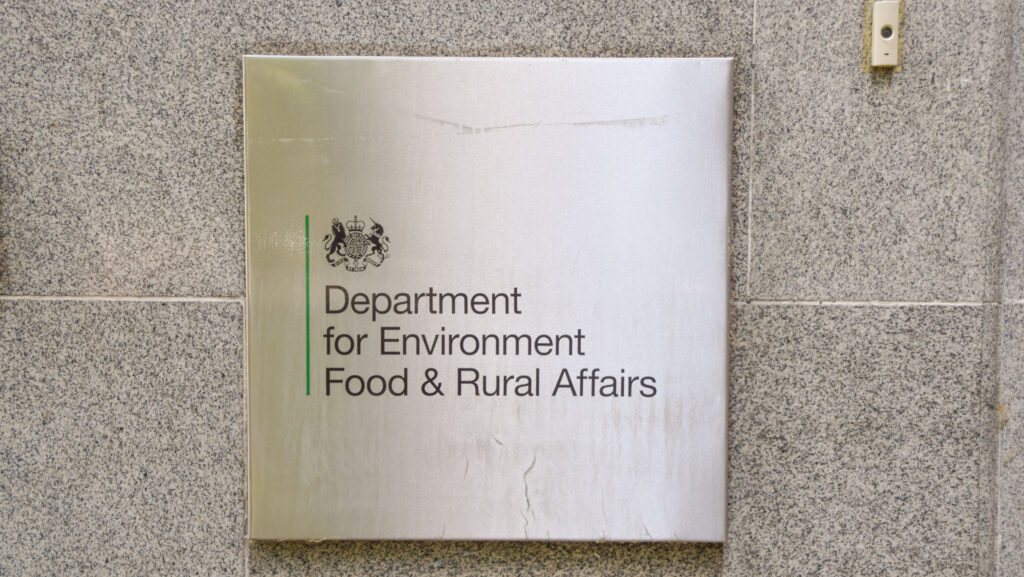Editor’s View: Labour is finally out of the waiting room
 © Adobe Stock
© Adobe Stock High up in Defra headquarters, there is a waiting room for guests queuing to see the secretary of state.
It is a discreet distance away from the actual office, so you cannot easily observe the comings and goings, and certainly not overhear any conversations.
Close enough to feel like you have almost made it, yet firmly sealed off from the action until your turn is called.
See also: Opinion – the top four items in new Defra boss’s in-tray
It is as good a metaphor as any for what it must feel like to be in opposition.
The various Labour shadow Defra teams have been in the waiting room for the past 14 years – close to the action, but not part of it.
Now they have been ushered into the room where it happens.
Meanwhile, former secretary of state Steve Barclay finds himself sat powerless in the waiting room, while many of his colleagues have been banished from the building altogether.
Shortly, we will begin to learn which lessons of government the newly empowered Defra ministerial team have learned patiently waiting their chance and which perhaps are missing.
In our News and Opinion pages this week, there is already much comment on policy, including the persistent fear that there will be reform to inheritance tax reliefs (a matter mostly for the Treasury of course).
So let me instead reflect briefly on how the business of running Defra is very much like the business of farming.
First, it takes a while to get good at it. In last week’s Farmers Weekly podcast, former Defra secretary George Eustice said he believes it takes four years to find the reins of power, master the department and the brief, and see through the implementation of a policy.
Second, new secretary of state Steve Reed and his ministers will have to take continual decisions based on incomplete information about how the future may turn out.
Much like anyone glumly staring at poor crops they wish they hadn’t planted this season.
Third, like any incoming tenant, they will also have to work with the infrastructure they have inherited for a while.
There is no possible hope that they can unpick everything the Tories put in place that they disagree with (although much of the English environmental policy appears to have quiet Labour support), while implementing new initiatives of their own.
Finally, they will need the support of friends and neighbours to flourish. Offering and being able to call on support is a vital part of the fabric of farming, and it is no different in politics.
Mr Reed’s access to, and relationship with, the prime minister and senior Treasury officials will have an outsized impact on his performance.
Seasoned Labour watchers say he has strong links to many of them and key Number 10 aides.
Whether these bonds will hold will help determine whether Mr Reed is bold or passive in a moment of crisis, and may influence the size of that all-important Defra budget for the next parliament.
More on that in the weeks to come…

